Top 20 Tips for Budget Travel in Europe
Budget travel in Europe can be a rewarding and exciting experience, allowing you to see new places and immerse yourself in different cultures, while also saving money. Whether you're a student looking to stretch your dollar or a seasoned traveler seeking new adventures, there are many ways to save on your trip to Europe. However, careful planning and budgeting are key to making the most of your trip.
In this article, we'll provide 10 tips for budget travel in Europe, covering everything from choosing the right destination to finding the best deals on flights, accommodation, and activities. Follow these tips and you'll be on your way to an affordable and memorable trip to Europe.
Table Of Contents
Top 20 Tips for Budget Travel in Europe
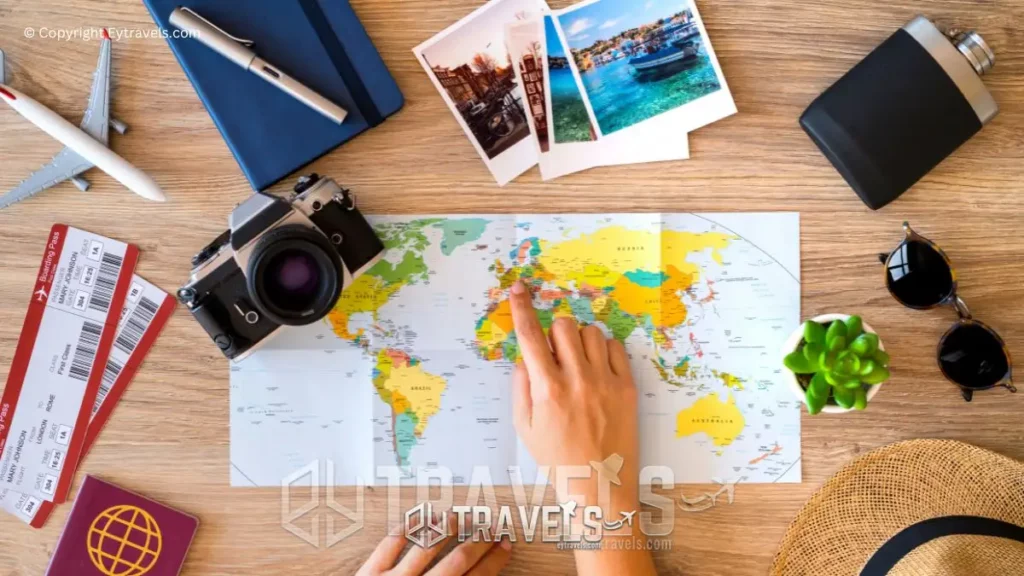
Europe is a dream destination for many travelers around the world. With its rich culture, stunning architecture, delicious cuisine, and diverse landscapes, Europe offers a lifetime of travel experiences. However, exploring Europe can be expensive, especially if you don't plan your trip carefully. In this blog post, we've compiled the top 20 tips for budget travel in Europe to help you make the most of your trip without breaking the bank.
Planning Your Trip
1. Choose the right time to travel
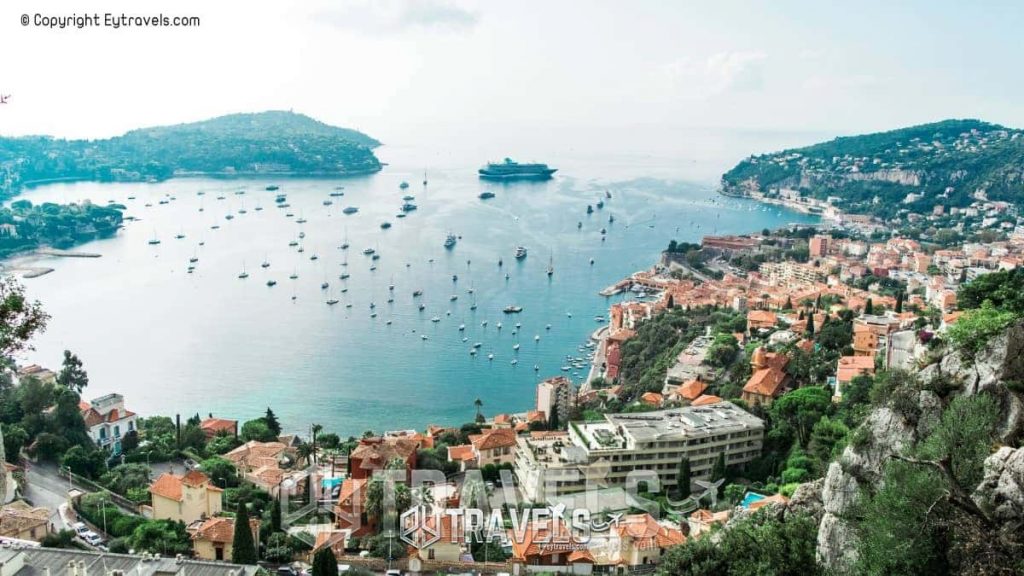
The time of year you travel to Europe can have a big impact on your budget. Generally, the peak season for tourism in Europe is from June to August. During this time, prices for flights, accommodation, and attractions are at their highest.
To save money, consider traveling during the shoulder season (April to May and September to October) or the low season (November to March). You'll find cheaper prices and fewer crowds.
2. Set a budget
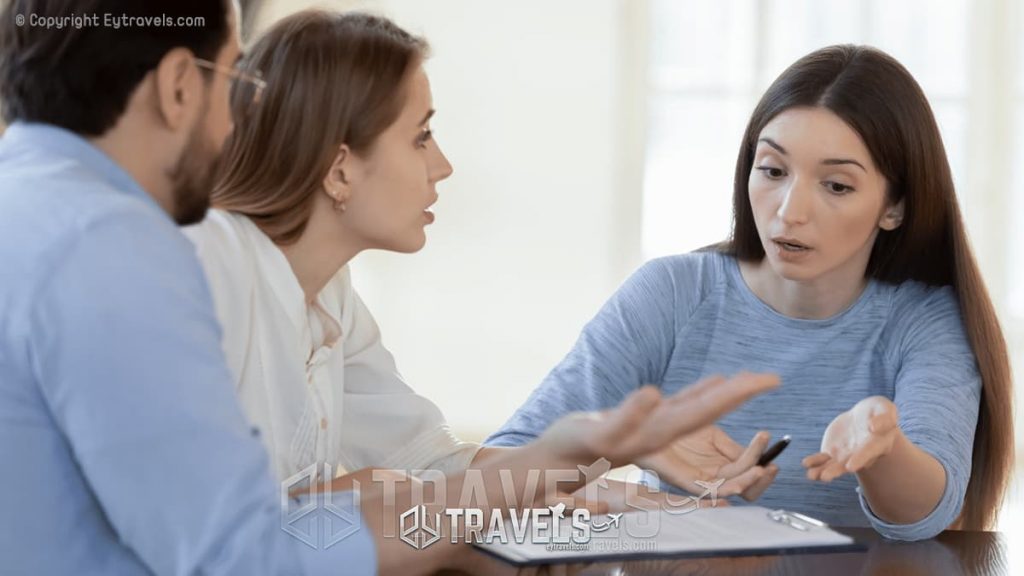
Before you start planning your trip, it's essential to set a budget. Decide how much money you're willing to spend on flights, accommodation, food, attractions, and transportation. Then, try to stick to your budget as closely as possible. You can use budgeting apps like Mint or PocketGuard to help you keep track of your expenses.
3. Plan your itinerary in advance

Planning your itinerary in advance can help you save money and make the most of your time in Europe. Research the cities and attractions you want to visit, and create a rough itinerary. This will help you avoid last-minute expenses and ensure that you have enough time to see everything on your list.
4. Consider alternative accommodations

Hotels can be expensive in Europe, especially in popular tourist destinations. To save money, consider alternative accommodations like hostels, Airbnbs, or camping. Hostels are a great option for budget travelers, and many offer private rooms if you prefer more privacy. Airbnb is another affordable option, and you can often find great deals on apartments or rooms in local homes.
Getting Around
5. Use public transportation
Public transportation is often the most affordable way to get around Europe. Most cities have extensive networks of buses, trains, and subways that are easy to use and affordable. If you're planning to travel between cities, consider taking the train. Many countries in Europe have high-speed trains that are comfortable and fast.
6. Walk or bike
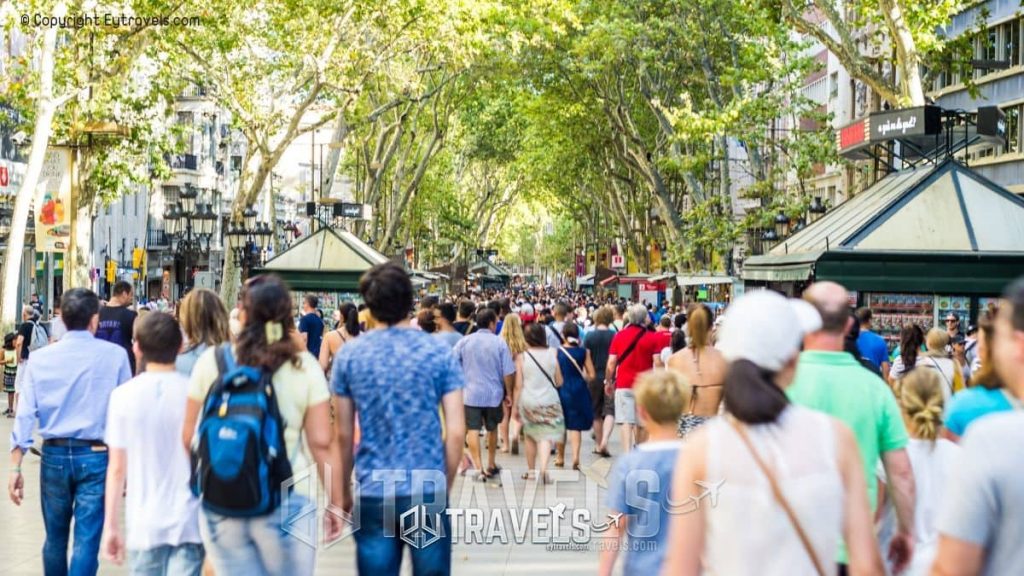
Walking or biking is not only affordable, but also a great way to explore European cities. Many cities have bike-sharing programs, and you can often rent a bike for a few euros per day. Walking is also a great way to see the sights and get some exercise.
7. Rent a car
Renting a car can be a good option if you're traveling with a group or planning to explore rural areas. However, it can be expensive, especially if you're under 25 or don't have a credit card. Make sure to research rental prices in advance and check for any hidden fees or restrictions.
8. Consider a Eurail Pass
If you're planning to travel between multiple countries in Europe, consider purchasing an Eurail Pass. The pass allows you to travel on most trains in Europe, and you can choose the duration and number of countries you want to visit. Eurail Passes can be a cost-effective option if you're planning to take several long-distance train journeys.
Eating and Drinking
9. Eat like a local
One of the best ways to save money on food in Europe is to eat like a local. Avoid tourist traps and seek out small, family-run restaurants or street food vendors. Try the local specialties, and ask for recommendations from locals. You'll not only save money but also have authentic culinary experiences.
10. Cook your own meals
If you're staying in an Airbnb or hostel with a kitchen, consider cooking your own meals. This can be a great way to save money, especially if you're traveling on a tight budget. Visit local markets or supermarkets and buy fresh ingredients to make simple meals like pasta, salads, or sandwiches.
11. Drink tap water
In many European countries, tap water is safe to drink. Instead of buying bottled water, bring a refillable water bottle and fill up at public water fountains or in restaurants. This will not only save you money but also help reduce plastic waste.
12. Avoid pricey drinks
Alcoholic beverages can be expensive in Europe, especially in popular tourist destinations. To save money, avoid pricey drinks like cocktails or imported beers. Instead, try the local wines or beers, which are often much cheaper and just as delicious.
Sightseeing and Attractions
13. Take advantage of free activities
Many European cities offer free or low-cost activities and attractions. Take advantage of these to save money and get a local experience. For example, you can visit free museums, take a walking tour, or explore local parks and markets.
14. Use discount passes or city cards
If you're planning to visit multiple attractions or museums in a city, consider purchasing a discount pass or city card. These cards offer discounts or free entry to many popular attractions and can save you money in the long run.
15. Visit attractions during off-peak hours
To avoid crowds and save money, consider visiting popular attractions during off-peak hours. Many museums and attractions offer discounted or free entry during certain hours of the day, so check the websites or ask locals for recommendations.
16. Skip the guided tours
Guided tours can be expensive in Europe, especially if you're traveling solo or with a small group. Instead, download audio guides or use free walking tours to explore the city on your own. You can also find self-guided tours online that can help you navigate the city's highlights.
Money Matters
17. Use credit cards with no foreign transaction fees
Using a credit card with no foreign transaction fees can help you avoid costly fees and save money on your trip. Many credit cards offer this perk, so make sure to research before you travel.
18. Withdraw cash from ATMs
Using ATMs to withdraw cash is often the most affordable way to get local currency in Europe. However, make sure to use ATMs located in banks or busy areas to avoid the risk of fraud or theft.
19. Exchange money wisely
If you need to exchange cash, make sure to do so at reputable exchange bureaus or banks. Avoid exchanging money at airports or tourist areas, as they often have higher fees and unfavorable exchange rates.
20. Set a daily spending limit
Setting a daily spending limit can help you stay on track with your budget and avoid overspending. Calculate your daily expenses and set a limit for food, transportation, attractions, and other activities. Stick to your daily limit as closely as possible to avoid running out of money before the end of your trip.
In brief, traveling to Europe on a budget is not only possible, but also a great way to experience the local culture and save money. By following these top 20 tips, you can make the most of your trip without breaking the bank.
Remember to plan your trip in advance, use public transportation, eat like a local, and take advantage of free or low-cost activities. With a little planning and budgeting, you can have an unforgettable trip to Europe without spending a fortune.


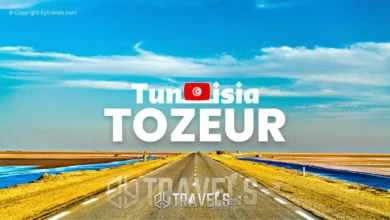
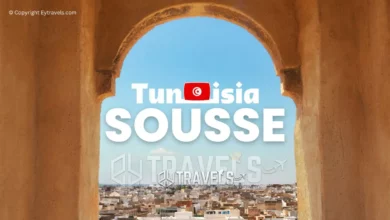
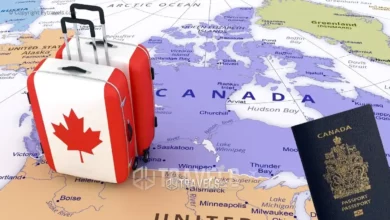
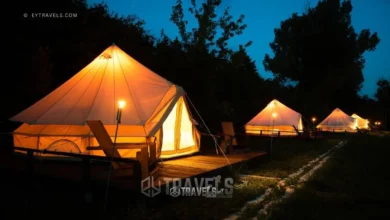

#budgettravel #Europe #travelhacks #travelonabudget #cheaptravel #traveltips #backpackingEurope #eurotrip #affordabletravel #traveldeals #exploreEurope #frugaltravel #savemoneyontravel #wanderlust #adventure #travelmore #travelingEurope #studenttravel #travelbudget #europeandestinations